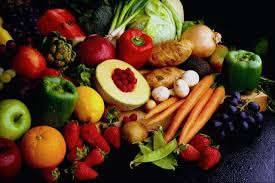| There is a great variety of protein sources available these days. We can eat animals, plants, or a derivative of these in powders, bars, and shakes. When we are in a hurry or do not have the time to cook and pack good protein snacks, it is perfectly ok to bring a can of sugar free protein drink. The bars without sugar and artificial flavors are good too. I love Quest protein bars for their flavor profiles and protein content per gram. We can add gelatin powder to almost any soup, stew, or smoothie for the collagen and protein benefits. By far, the protein sources that are the most natural to humans come from animals. There is a complete protein source with all the essential amino acids when it comes from animals. Some plants, like hemp, have a high rate of bio-availability to the body. That means the body can absorb and use the protein hemp provides. Really, it comes down to flavor. I have bought and tasted all sorts of yucky protein bars and powders. I have spent lots of money on healthful, organic, grass fed, nasty tasting stuff. When choosing, go with what you usually like, in terms of flavor. If you don't like peanut butter, don't choose peanut butter chocolate protein bars. You will be disappointed, no matter how many great ingredients are inside. The highest portion of your protein consumption should come from land and sea animals, grass fed and wild caught, of course! Happy eating! Comment, leave your email for upcoming events, let's chat! Blessings, KJ Landis |






 RSS Feed
RSS Feed